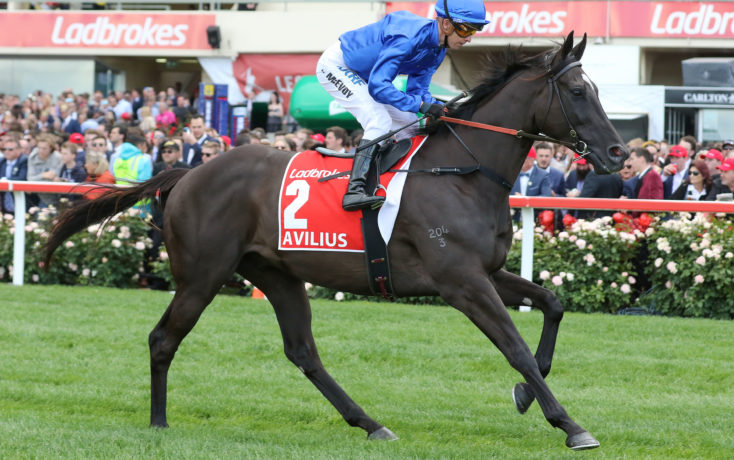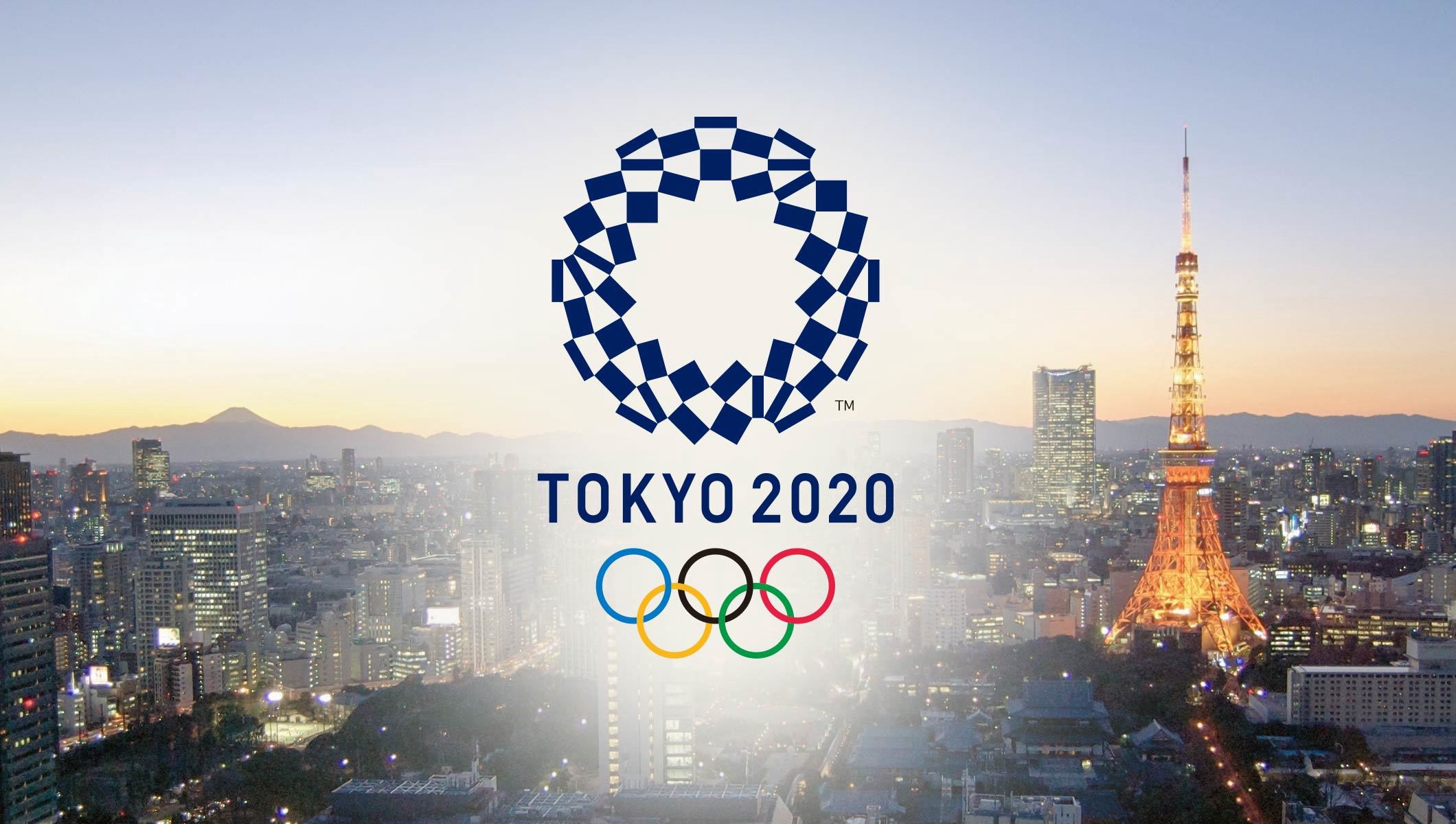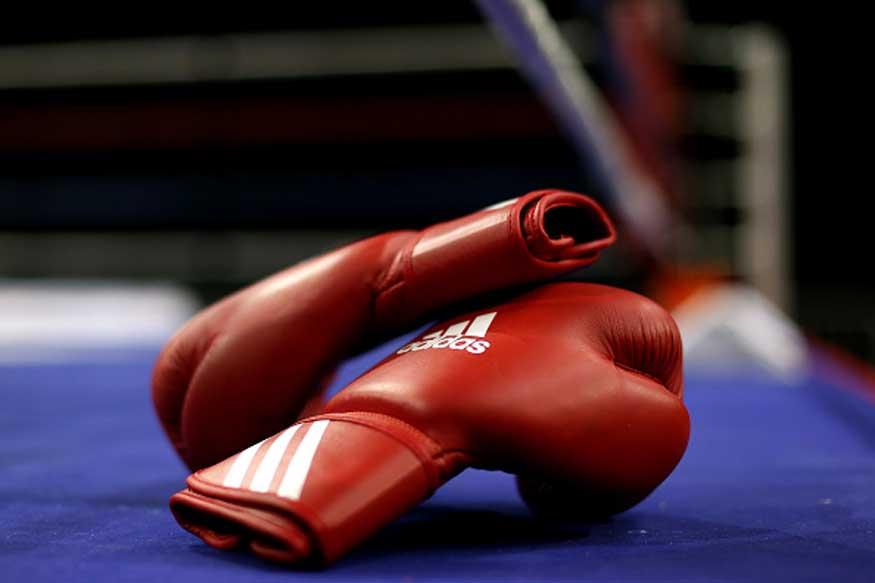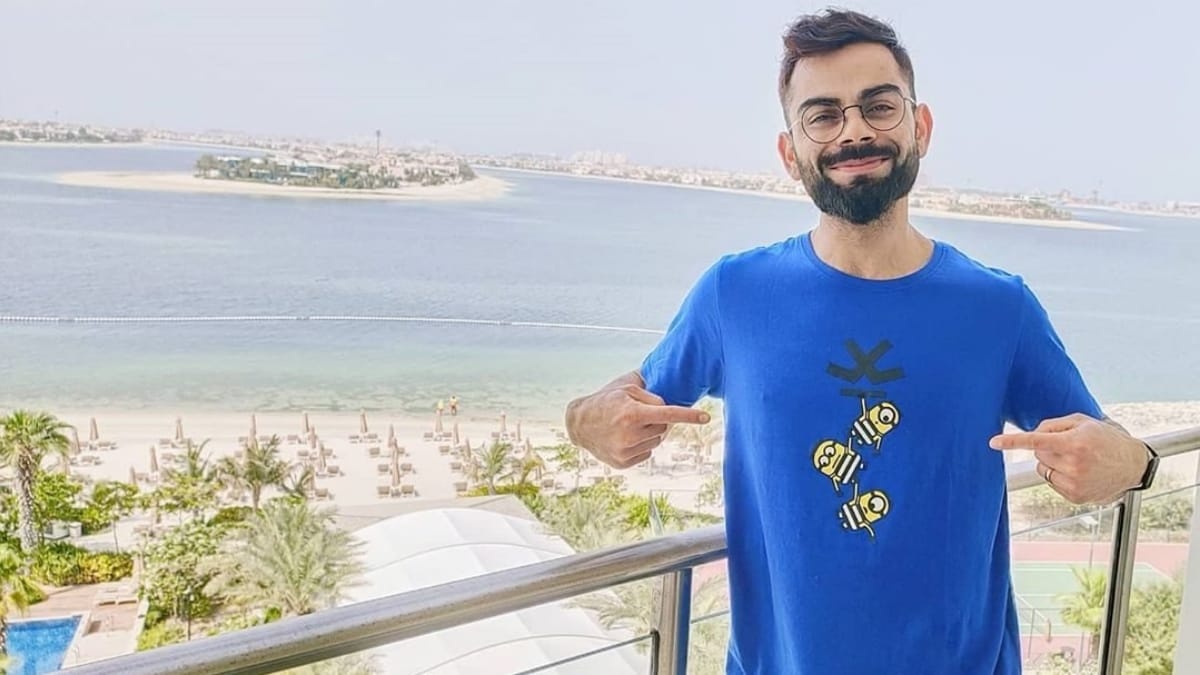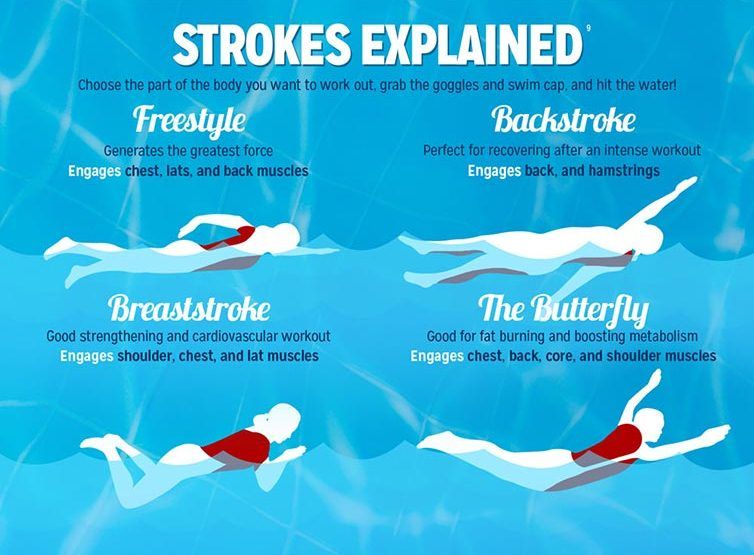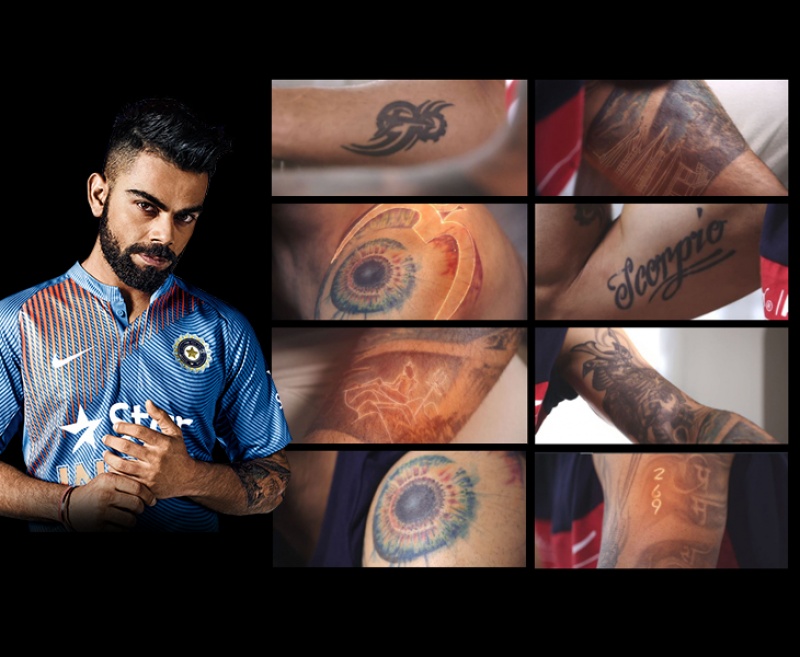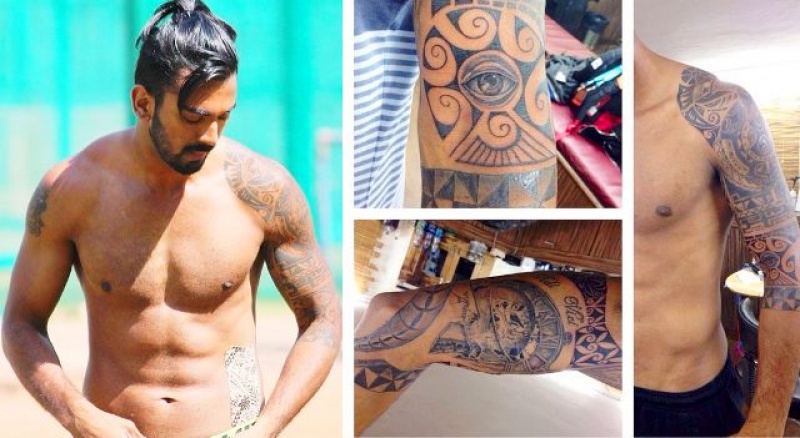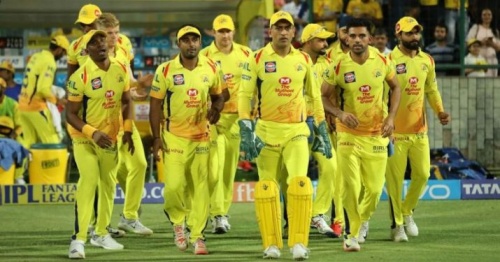World Aquatic Championship 2019
The 2019 World Aquatics Championships are the 18th FINA World Aquatics Championships, to be held in Gwangju, South Korea from 12 to 28 July 2019. The city has hosted the 2015 Summer Universidad aquatics events in the same venue.
GWANGJU-THE HOST CITY
Known as the City of Peace, Gwangju is a metropolitan city full of vitality and excitement. Aquatics fans from around the world can look forward to participating for the championships in a modern city with picturesque traditional backgrounds.
Famous for its rich and diverse cuisine and culture, Gwangju is a city on the rise. Nestled in the South-western part of the Korean Peninsula, the exquisite scenery along the outskirts of the city gives citizens and tourists a peaceful image of the citys natural surroundings. Yet, upon entering the city, there is an immediate refreshing energy that can be felt on the streets of this sporting city. As a city rich in culture and arts, Gwangju has given birth to numerous forms of art. As a result, the national government completed the hub city of Asian culture project to build cultural ties and establish a forum of exchange with various countries of Asia. Gwangju is widely recognized as Artists Town as it has nurtured well-known figures in Korean traditional painting, folk music, poetry, western painting, Chinese modern music and more. Gwangju is a city of democracy, human rights and peace. As demonstrated by such endeavours from the peasants revolution in the 19thcentury to the May 18th Democratic Uprising in 1980, the city has long acted like a beacon of light consolidating peace and democracy in Korea. The Uprising, in resistance against the military regimes oppression, was the moment when the nation reached the apogee of its democratization. It laid the foundation for the future democratic movements in the n huation and had a profound impact on Korean politics.
HISTORY
The event was first held in 1973 in Belgrade, Yugoslavia and is now held every two years. From 1978 to 1998, the World Championships were held every four years, in the even years between Summer Olympic years. From 2001 on, the Championships have been held every two years, in the odd years. Swimming, mens water polo, diving and synchronized swimming were a part of the first Championships. Over the years more events have been added.
In 1998, FINA decided to move the Championships from four to two year cycle, and the event has seen a steady increase in the number of countries and athletes taking part. Three cities have hosted the championships twice: Barcelona (2003 & 2013), Rome (1994 & 2009) and Perth (1991 & 1998). In 2021, Fukuoka will host the event for the second time.
The Mexican city of Guadalajara was originally awarded the 2017 World Swimming Championships, but they withdrew and the event was given to Budapest Hungary, who had earlier been awarded the 2021 event.
The five disciplines that comprise the World Championships are:
- Swimming
- Open Water Swimming
- Water Polo
- Synchronized Swimming
- Diving
- High Diving
- Swimming
Swimming events range from 50m up to 1,500m in freestyle, backstroke, breaststroke, and butterfly, with the winners decided after preliminaries, semi-finals, and finals. Individual events include freestyle (50m, 100m, 200m, 400m, 800m, and 1,500m), backstroke, breaststroke, butterfly (50m, 100m, and 200m) and medley (200m, 400m). Team events are the relay (400m, 800m), medley relay (400m), mixed relay (400m), and mixed medley relay (400m).
Competitions
No. of gold medals : 42
Men's
- Freestyle 50m, 100m, 200m, 400m, 800m, 1500m
- Breaststroke 50m, 100m, 200m
- Backstroke 50m, 100m, 200m
- Butterfly 50m, 100m, 200m
- Individual Medley 200m, 400m
- Relay 4100m,4200m
- Medley Relay 4100m
Women's
- Freestyle 50m, 100m, 200m, 400m, 800m, 1500m
- Breaststroke 50m, 100m, 200m
- Backstroke 50m, 100m, 200m
- Butterfly 50m, 100m, 200m
- Individual Medley 200m, 400m
- Relay 4100m,4200m
- Medley Relay 4100m
Mixed
- Freestyle Relay 4100m
- Medley Relay 4100m
- Diving
Diving is the sport where competitors perform acrobatics while jumping from a platform into the water. Diving as a sport comprises springboard diving (1m, 3m), platform diving (10m), synchronised springboard (3m), and synchronised platform (10m).
While diving into the water, divers perform a set of established requirements including somersaults and twists. In individual diving and synchronised diving competitions, men perform six dives while women perform five dives. The team diving competition involves one female and one male diver from the same federation. The team diving competition comprises six different dives from six different groups - two dives with an assigned degree of difficulty and four dives with an unlimited degree of difficulty. The female competitor and the male competitor should execute three dives each. Three dives should be executed from the 3m springboard and the other three dives from the 10m platform.
Competitions
No. of gold medals: 13
Men's
- Springboard: 1m, 3m
- Synchronised springboard: 3m
- Platform: 10m
- Synchronised platform: 10m
Women's
- Springboard: 1m, 3m
- Synchronised springboard: 3m
- Platform: 10m
- Synchronised platform: 10m
Mixed
- Synchronised springboard: 3m
- Synchronised platform: 10m
Team
- 3m springboard and 10m platform combined
- Water Polo
Water polo is a team water sport involving a ball. Two teams, each consisting of seven players (one goalkeeper and six field players), compete in a rectangular pool. Each team can have a maximum of six reserves. The duration of the game is four periods, each of eight minutes of actual play. Time commences at the start of each period when a player touches the ball.
Competitions
No. of gold medals: 2
Men's
- 16 teams
Women's
- 16 teams
- Artistic Swimming
Artistic Swimming rules
Artistic swimming events are composed with Solo (1 competitor), Duet (2 competitors), Team (8 competitors), and Free Combination and Highlight Routine (8 to 10 competitors). Each event includes a technical routine and free routine, with the exceptions of Free Combination and Highlight Routine.
- Technical Routines : The Solo, Duet, Mixed Duet, and Team event routines must follow the required elements. The time limits per routine, including 10 seconds for deck movement before entering the water, are 2 minutes for Solo, 2 minutes 20 seconds for Duet, and 2 minutes 50 seconds for Team, with an allowance of plus or minus 15 seconds for each.
- Free Routines : Each Solo, Duet, Mixed Duet, and Team free routine can perform listed figures without any restrictions on music, contents, or choreography. Time allowances are 2 minutes 30 seconds for Solo, 3 minutes for Duet, 4 minutes for Team and Free Combination, and 2 minutes and 30 seconds for Highlight routines, each including 10 seconds for deck movement, and with an allowance of plus or minus 15 seconds.
Brief history of artistic swimming
Following the sports development from the 1940s, it was natural that artistic swimming aspired to be included in the Olympic Games. After 20 years of demonstration events and proving its legitimacy, the IOC finally accepted the Solo and Duet competitions for the first time at the 1984 Los Angeles Olympic Games. The Olympic events would later change, and in 1996 team synchronized swimming was the only event. Duet was added at the 2000 Sydney Olympics, and both team and duet events are currently held at the Olympic Games.
Artistic Swimming was part of the very first World Aquatics Championships in 1973. Until 2001, only the solo, duet, and team competitions were held, with the free routine combination added in 2003. At the 2007 World Championships, solo, duet and team events were split into technical and free routines. Mixed duets have been included since 2015. The FINA World Championships Gwangju 2019 will feature ten gold medals, with the addition of the Highlight routine. In 2017, FINA Congress changed the sports name from Synchronized Swimming to Artistic Swimming
- Open Water
Open water swimming is a competitive outdoor swimming event held in lakes, rivers, oceans and waterways. Since Open water competitions are held outdoors exposed to the elements, it is crucial for athletes to have proper clothing and other protective measures against the sun, wind, temperature (water and air), and rain.
- High Diving
High diving is the sport of diving into the water from 20m (women) or 27m (men) platforms. Divers perform from man-made diving platforms.
Competitions
No. of gold medals: 2
Men's
- 27m
Women's
- 20m
Read More Articles: Check out five significant types of swimming styles!

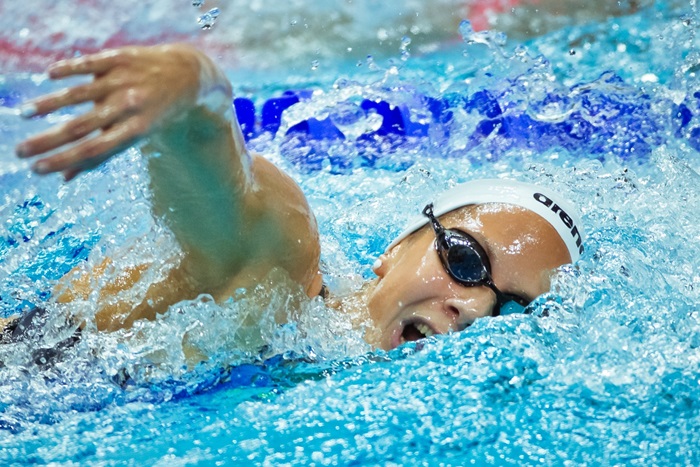
.jpeg)
